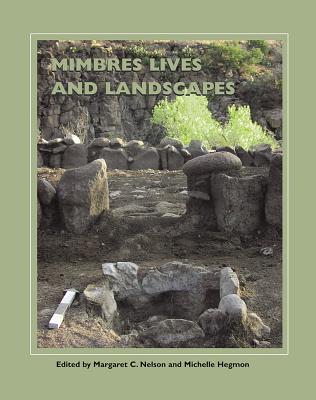People have called the mountains, rolling hills, wide valleys, and broad desert plains of southwestern New Mexico home for at least ten thousand years. When they began to farm a little more than two thousand years ago, they settled near the rich soils in the river flood plains. Then, around 900 CE, the people of this region burned all of their kivas and started gathering in large villages with small ritual spaces and open plazas. Between about 900 and 1100 CE, they also made the intricately painted geometric and figurative bowls in a style that is today called Mimbres, their best-known legacy. In the 1130s they stopped making this kind of pottery and drifted out of villages to more dispersed settlements.
These dramatic changes frame the story told in Mimbres Lives and Landscapes. The well-illustrated essays in this book offer the latest archaeological research to explain what we know and what questions still remain about the ancient people of this region. Beginning with an overview of the abrupt change in lifestyle that launched the distinctive Mimbres culture, the book explores the lives of men and women, their sustenance, the changing nature of leadership, and the possible meanings of their dramatic pottery designs.
